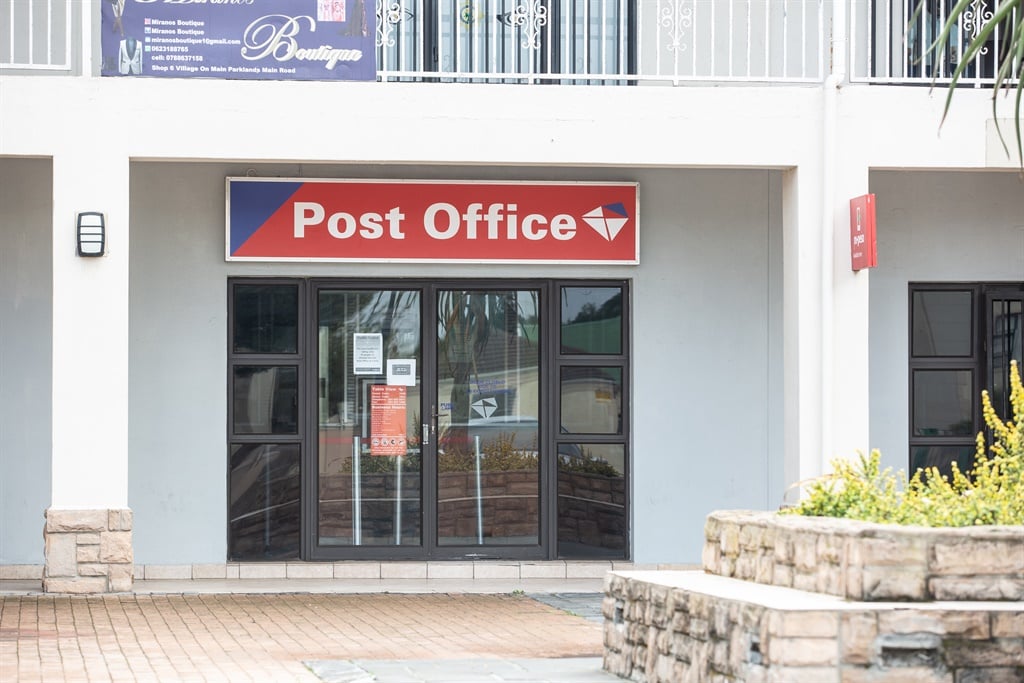
- Postbank's corporatisation and separation from the SA Post Office have not yet been completed and the process hinges on obtaining a banking licence, said the Portfolio Committee on Communications.
- The SA Reserve Bank requires there to be a bank-controlling company registered for Postbank in order for the banking licence to be obtained.
- The Post Office, however, does not meet the financial requirements to be appointed as a bank-controlling company.
The Department of Communications and Digital Technologies said Postbank needs a banking licence to operate independently from the SA Post Office (SAPO), but that SAPO's financial position is hindering the process.
In order to finalise its corporatisation and separation from SAPO, Postbank needs to obtain a banking licence to operate as a fully fledged bank. However, for this to pass, one of the requirements of the SA Reserve Bank is for Postbank to have a bank-controlling company (BCC). But SAPO itself cannot be registered as a BCC because of its poor financial standing.
At a briefing in Parliament on Wednesday, the Portfolio Committee on Communications said the Reserve Bank requested that there be a BCC for the licence-application process. The BCC would act as a holding company for Postbank.
However, for any company to be registered as a BCC, it needs to meet the requirements of the Banks Act - one of which is that the holding company needs to be financially sound.
Postbank operated as a division of SAPO before being incorporated as a separate legal entity in 2019, but its corporatisation and separation have not yet been completed.
Reneilwe Langa, senior official of the Portfolio Committee on Communications, said in terms of the Postbank Act (without amendments), SAPO needed to be registered as the BCC - but did not meet the requirement of financial stability.
In April, Auditor-General Tsakani Maluleke found the Post Office commercially insolvent.
"SAPO could not be registered as the BCC, which meant that we needed to find BCC structure options that can be considered in order for the BCC to meet the requirements of the Banks Act and the Reserve Bank.
"As a result, there were engagements between the department and the national treasury in consultation with SAPO, the Reserve Bank and ... Postbank in looking into the alternative structures to consider, so the BCC can be registered," said Langa.
MPs were told that nothing is to change on the shareholder side as SAPO and Postbank will still report to the shareholder - the government. The only change is that, because the Reserve Bank requires there to be a BCC, it will act as a middleman between Postbank and the department.
"With this structure, SAPO will be reporting to the department and Postbank will also be reporting [separately] to the department, but we put the BCC in between Postbank and the department to meet [the] Reserve Bank's requirements," said Langa.
MPs were told that this structure was agreed on after many deliberations and it was also considered as the least costly.
Langa added that the main purpose of the amendments of the Postbank Act's was to make sure that a bank controlling structure is effected that would be registered in terms of section 43 of the Banks Act and it would have control over Postbank.
The new, independent Postbank is set to service the poor and unbanked.
The loss-making SAPO confirmed that it is in the process of closing approximately 130 of its offices across the country due to financial challenges.
